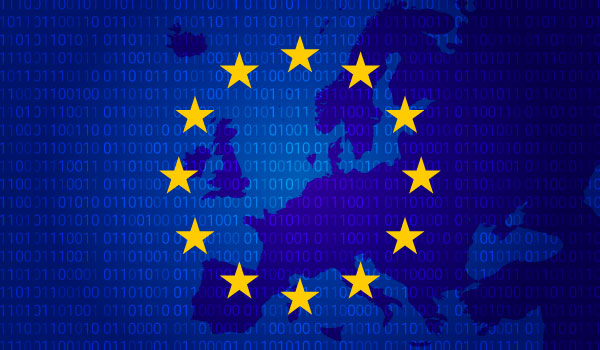Slovakia could have the new legal framework for e-invoicing ready this year
The Slovak government is working on a new e-invoicing model. Although details have not yet been published, nor have key dates and deadlines been set, it seems that Slovakia wants to implement a clearance model. These models are characterised by requiring real-time authorisation from the relevant tax authority in order for invoices to be valid. The government of the Slovak Republic is already working on a preliminary document, which you can see here.
Electronic invoicing in Slovakia
Like many other European countries, e-invoicing came to Slovakia with the European Directive 2014/55/EU. This directive establishes that all public administrations in member states must be able to receive and process electronic invoices from April 2019. In Slovakia, the law transposing this directive is 215/2019.
Currently, only public administrations and their suppliers are obliged to use e-invoicing in the country. If the amount of a service provided by a public supplier is less than €5,000, this obligation does not apply.
Likewise, the use of electronic invoicing in Slovakia is allowed on a voluntary basis. Any private company that wants to use this system to optimise its administrative processes has a legal framework to do so.
Thus, 2021 is the year chosen by Slovakia to extend electronic invoicing in the private sector.
The clearance model, a booming model
The clearance model is the most widely implemented electronic invoicing model in Latin American countries. In contrast, European countries tend to apply a post-audit model. Italy is the exception, as it is the first European country to implement a clearance model for electronic invoicing. After more than two years in operation, Italy is now a benchmark in Europe and its model is inspiring other countries, such as Slovakia, Poland and France, to move forward in the implementation of a real-time electronic invoicing system.











